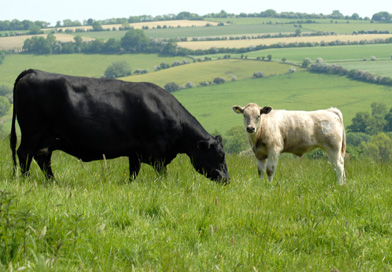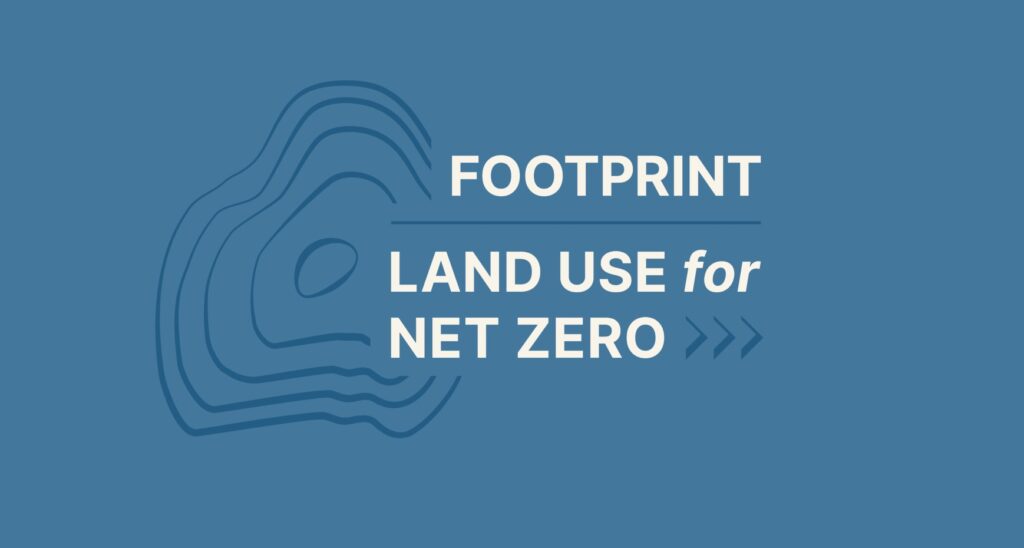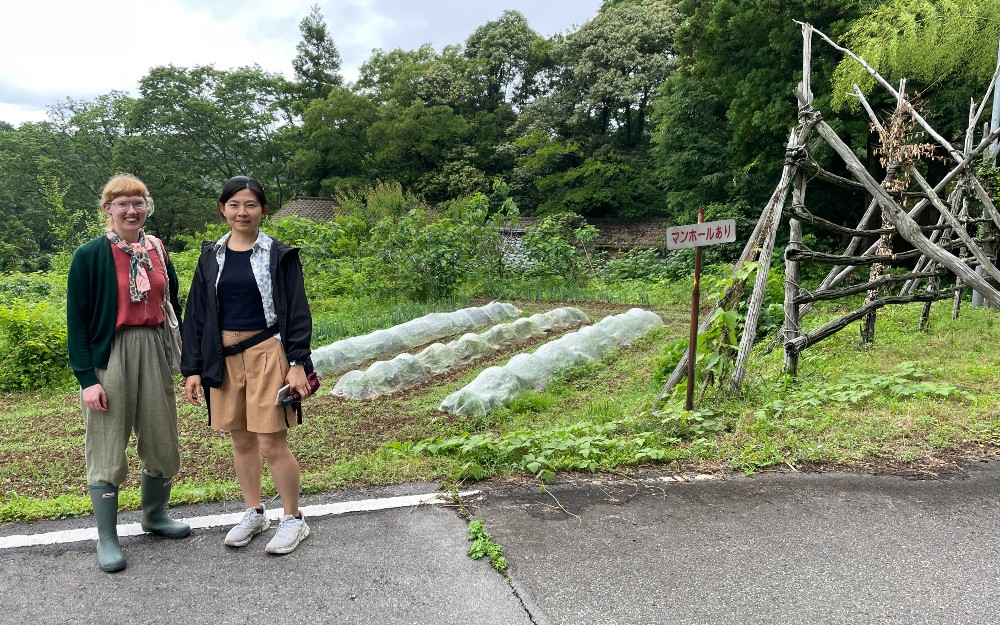Exotic livestock diseases pose significant risks to the livestock industry and can be a significant cost burden to the taxpayer in compensation paid to farmers. However, there has been limited research undertaken to understand how farmers think about and carry out exotic disease control practices within the social sciences.
Between 2014 and 2015, Drs Damian Maye and Matt Reed worked with a research team, led by the Royal Agricultural University, on a social research project commissioned by Defra to conduct primary research with animal keepers and vets to provide evidence on the impact of current exotic disease compensation policy on animal keeper behaviour and the likely effectiveness of different compensation measures in terms of promoting positive disease risk management practice.
The study included interviews with animal keepers who had direct experience of exotic disease and also asked animal keepers with no direct experience to consider their potential reactions to a range of exotic disease scenarios.
The research found that animal keeper practices are influenced by what they understand to be their individual identity as a ‘good farmer’ as well as their collective identities as perceived by those within and outside the farming sector. The study found that the ‘good farmer’ identity within the context of exotic disease management is not simply confined to behaviour and values associated with good stockmanship, but is instead complex and context specific, incorporating identities which account for responsibilities to other farmers and the industry more generally. The findings contribute to the further development of the ‘good farmer’ identity concepts and its constituents by outlining the factors that farmers perceive as threatening their ability to effectively carry out their ‘good farmer’ identity in relation to exotic disease management. These include uncontrollable factors such as weather, as well as the behaviour of others, including the government and specific groups such as hobby farmers, dealers or travellers. This defensive component is likely to influence the farmer’s perceptions in relation to their own role in disease control and the roles of others.
In August 2015, a paper based on the findings of the project was presented by Dr Rhiannon Naylor at the XXVI European Society for Rural Sociology Congress in Aberdeen.
In March 2016, the paper was accepted for publication in Sociologia Ruralis.
The full reference of the paper is:
Naylor, R., Hamilton-Webb, A., Little, R. and Maye, D. (2016 – in press) The ‘good farmer’: farmer identities and the control of exotic livestock disease in England. Sociologia Ruralis.




